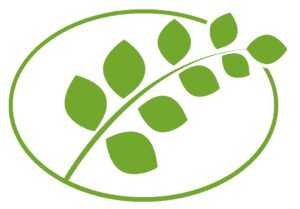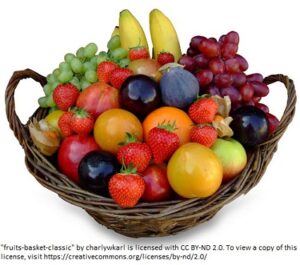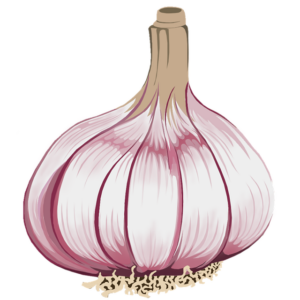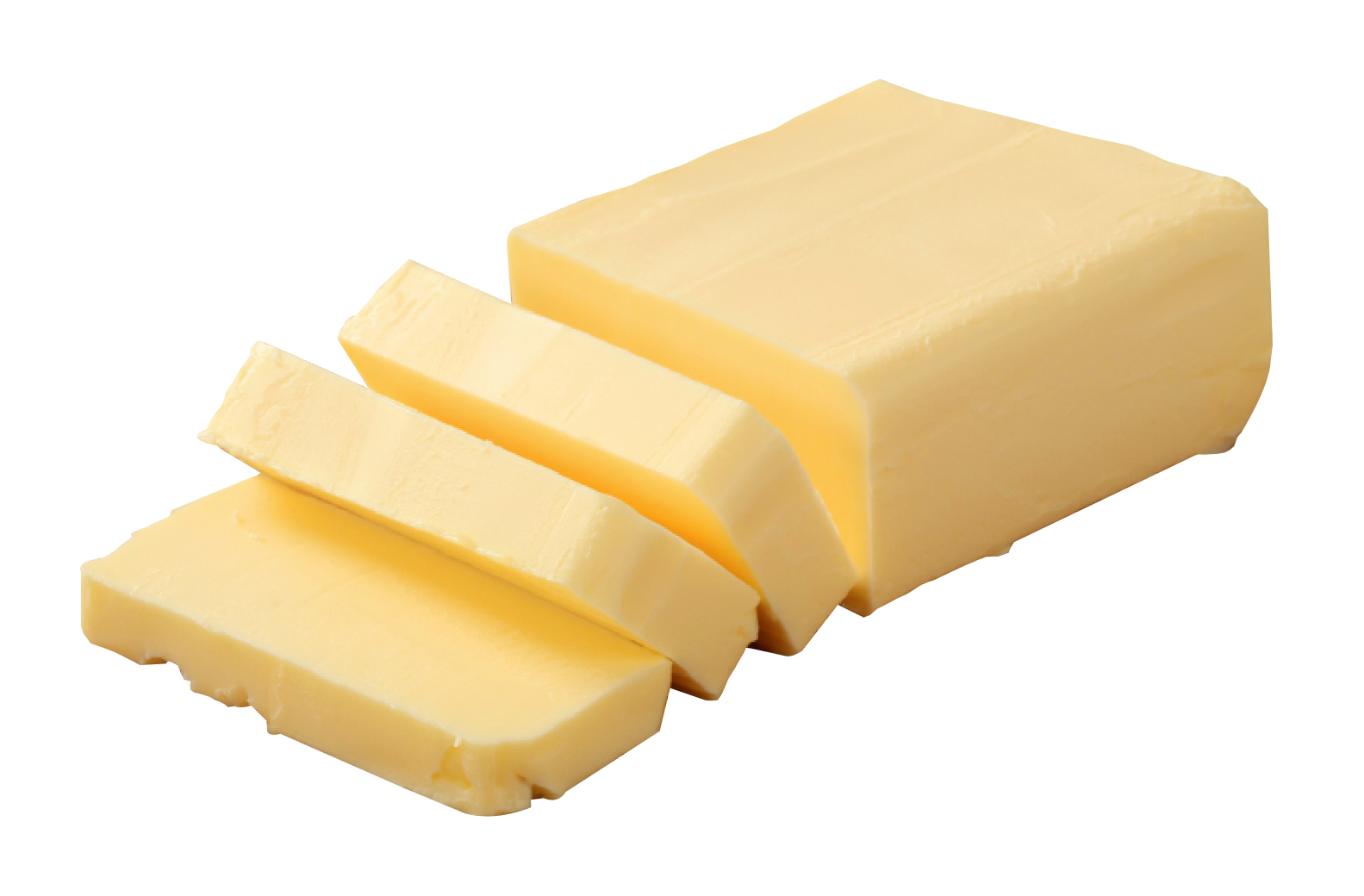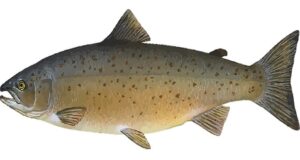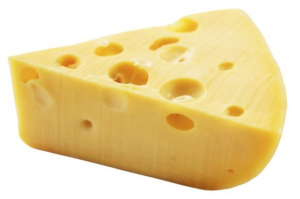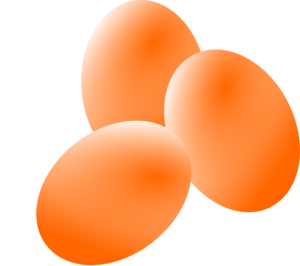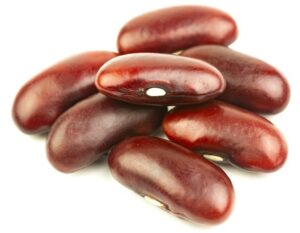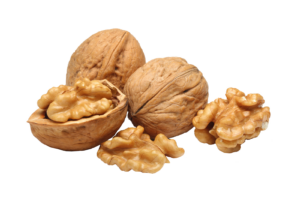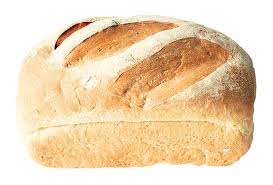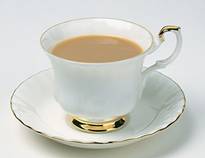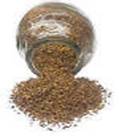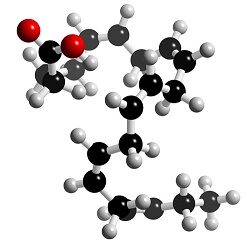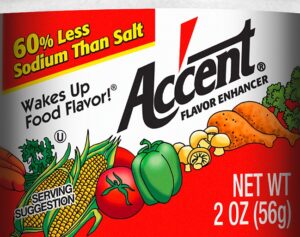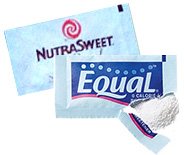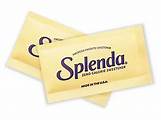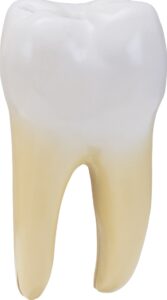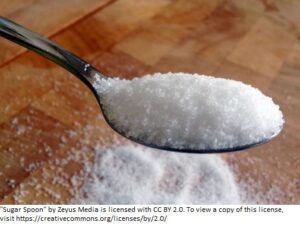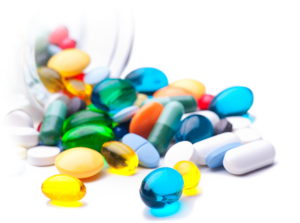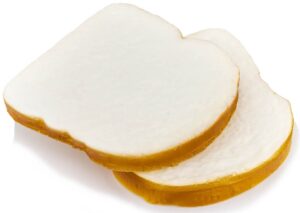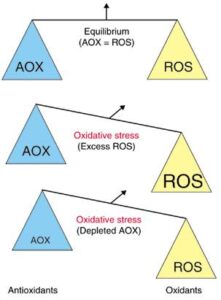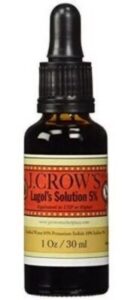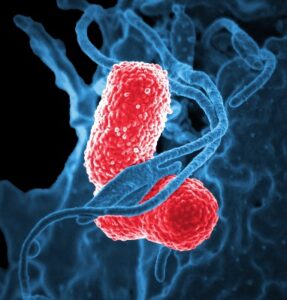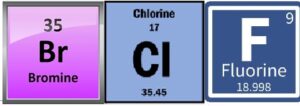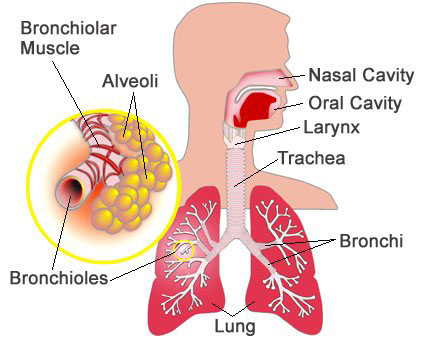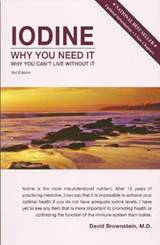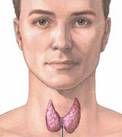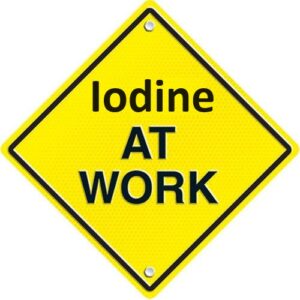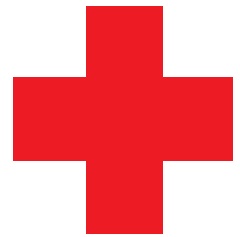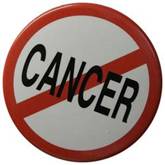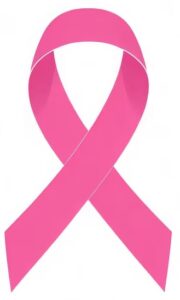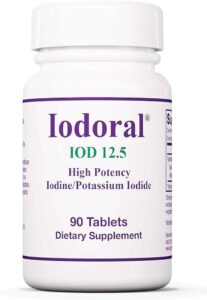
Iodine against cysts: In breast, thyroid, ovaries and skin
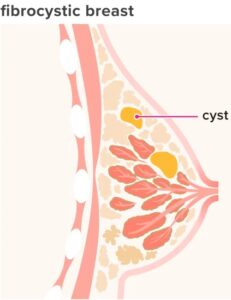
Fibrocystic breasts
Iodine deficiency in the breasts may be responsible for cysts, nodules, scar tissue, enlargement, tenderness and fibrocystic breasts. It is generally believed that fibrocystic breasts result from the excess number of cells that grow in the breast during the menstrual cycle as a result of hormonal stimulation. To keep the cell count steady, some cells have to be removed each month.
Iodine therapy resolves nearly every case of breast cysts. Iodine is the trigger mechanism that promotes appropriate cell death (apoptosis). Leftover cells that have not been appropriately destroyed build up over repeated menstrual cycles and cause the lumps, soreness, and larger lesions of fibrocystic disease.
In the 1920’s, 3% of American women had fibrocystic breasts, today that rate has increased to ~90% (of these women, 40% are unaware they have it, which is only detected by biopsy). The longer fibrocystic tissue is present in the breast, the higher the potential risk for development of breast cancer. The breasts concentrate iodine when available and use iodine as much or more than the thyroid. Several studies have demonstrated a relationship between low iodine intake and fibrocystic breasts, both in women and laboratory animals. A sufficiency of iodine eliminates the excess cells, enabling the breast to return to its normal resting state as the fibrocystic disease slowly disappears from the breast.
FBD is associated with a higher rate of breast cancer (Hartmann et al, 2005)
Ovarian / Thyroid Cysts, PCOS
Iodine shrinks ovarian and thyroid cysts by reducing estrogen production – iodine can be concentrated in the ovaries, and Russian studies of some years ago showed a relationship between iodine deficiency and the presence of ovarian cysts. The greater the iodine deficiency, the more ovarian cysts a woman produces. In its extreme form, this condition is known as polycystic ovarian disease (PCOS).
Skin cysts
Rubbing Lugol’s Iodine solution into the skin over the cyst is recommended (even more effective if combined with DMSO);
References
Jorge D. Flechas, M.D., M.P.H., Medical Director of Flechas Family Practice in Hendersonville, NC. specializes in Iodine Therapy for Hypothyroidism and Fibrocystic Breast Disease. Dr. Flecha’s radio broadcast:
Hartmann, Lynn C et al, (July 2005) Benign Breast Disease and the Risk of Breast Cancer. N Engl J Med 2005; 353:229-237 Online link

